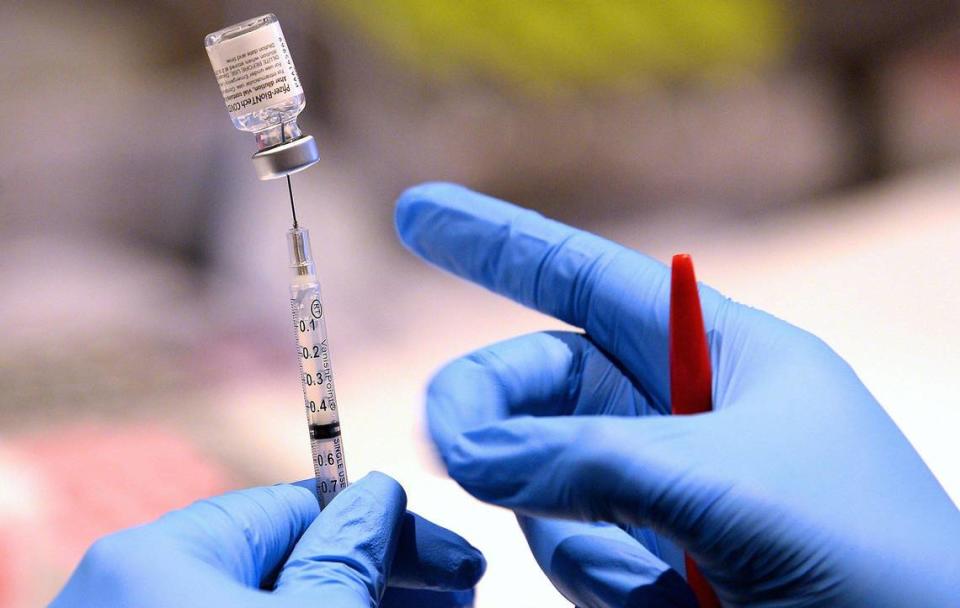Could a vaccine developed at Duke University prevent future coronavirus pandemics?

Duke University researchers are developing a vaccine that could provide protection against multiple kinds of coronaviruses, according to a study published last week in Nature, a leading scientific journal.
The vaccine, which was developed at Duke’s Human Vaccine Institute, uses nanoparticles to show the immune system 24 copies of a specific part of the virus’ spike protein that attaches to human cells. An additional substance promotes the creation of antibodies that attack that part of the virus.
“It’s very similar to Velcro. So if you think of one hook and loop, that’s a pretty weak interaction. But if you can put one hook and loop together multiple times in multiple copies, that becomes a really strong interaction,” Dr. Kevin Saunders, the Human Vaccine Institute’s director of research, said during a Monday press briefing. Saunders, the Nature paper’s lead author, said the vaccine was based on the institute’s work with an HIV vaccine.
The Duke team tested the nanoparticle vaccine by injecting it into macaque monkeys, finding that it provides total protection against SARS-CoV-2, the coronavirus that causes COVID-19. Additionally, the vaccine created antibodies against SARS, bat coronaviruses and the more contagious variants of the virus that causes COVID-19.
“What we’ve all learned now with this particular pandemic, that now is the time to prepare for the next one so that we can have vaccines on the shelf or vaccines that can be developed extremely rapidly and deployed very rapidly,” Barton Haynes, the director of Duke’s Human Vaccine Institute, said during a Monday briefing.
Having such a vaccine available would let governments and health officials limit the spread of a virus, Hayes added, potentially preventing it from evolving into a pandemic.
During a May 13 White House briefing, Dr. Anthony Fauci discussed the possibility of a vaccine that protects against multiple kinds of coronaviruses.
Fauci, the director of the National Institutes of Allergy and Infectious Disease and White House senior adviser on the pandemic, pointed to the Duke research as “potentially exciting” and called it “an important proof of concept.”
The experiments were conducted in nonhuman primates, Fauci cautioned. “Nonetheless,” he said, “this is an extremely important proof of concept that we will be aggressively pursuing as we get into the development of human trials.”

 Yahoo Finance
Yahoo Finance 